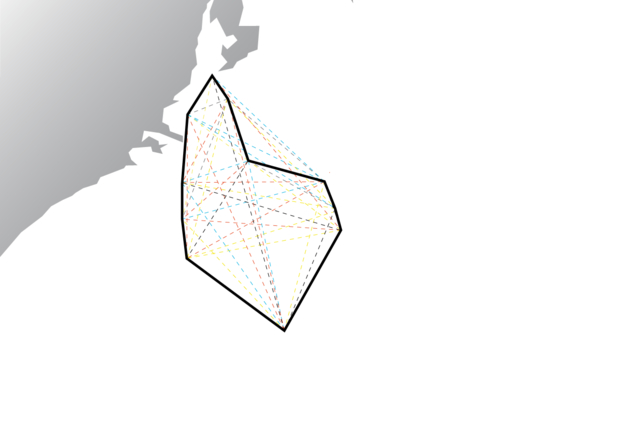To this end the Comité van Roosendaal has invited a range of esteemed art professionals and academics, as well as public figures from outside the art world, to critically evaluate recent events and sketch scenarios for the near future and beyond.
The conference will be divided into three chapters.
The first chapter, Institutional Domains, takes stock of existing institutions, considering their status both as a material or physical entities (hardware) and as an immaterial bodies of authority (software). Recent decades have shown a shift of emphasis from the material to the immaterial institution through practices that have been referred to as New Institutionalism, Institutional Creativity and Experimental Institutionalism. The question remains: How can we apply the knowledge gathered through a decade of new institutional experimentalism?
The second chapter, Beyond Criticality, assesses the limits of practices posited on performative and ongoing acts of self-reflection – a notion with great resonance for various forms of new institutional practice. Juxtaposed with this notion of criticality are ideas of immersion and acts of implication, which collapse the kind of distance that self-reflection demands, opening up to new relations between institutions, artists and audiences. The impetus of this chapter is to consider the historicity of the term, criticality, its manifold readings, and a vision for it to continuously activate places, projects and artists.
The third and final chapter, Dismeasurement and Public Responsibility, puts the notion of values up front and brings us to the urgency that underlines the conference. If the current crises, both economic and ecological, are to be understood as social constructs instigated by a logic of production and exponential growth, as opposed to sustainable or durable progress, is there a new unit of measure that may be imagined in reference to intellectual labor in post-Fordist societies? And what institutional structures are needed as engines of social transition?
Featuring: Zdenka Badovinac, Miroslaw Balka, Bassam El Baroni, Manu Claeys, Charles Esche, Alex Farquharson, Robert Fleck, Anselm Franke, Sofia Hernandez Chong Cuy, Nataša Ilić, Marta Kuzma, Maurizio Lazzarato, Dieter Lesage, Vanessa Joan Müller, Dieter Roelstraete, Irit Rogoff, Simon Sheikh, Dirk Snauwaert, Frans Timmermans and Michael Turner.
Moderators: Bart de Baere, Ann Demeester and Nicolaus Schafhausen.
Research partners: Pascal Gielen, Marc Jacobs and Julia Moritz.
Reservations
Reservations are made through info@comitevanroosendaal.eu
Research conference produced by de Appel (Amsterdam), M HKA (Antwerpen) and Witte de With (Rotterdam) for the Comité van Roosendaal, in collaboration with de Buren, de Beursschouwburg, FARO and Research Group Arts in Society (Fontys College for Arts, Tilburg).
